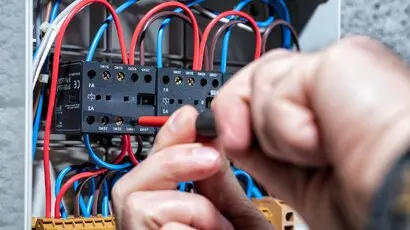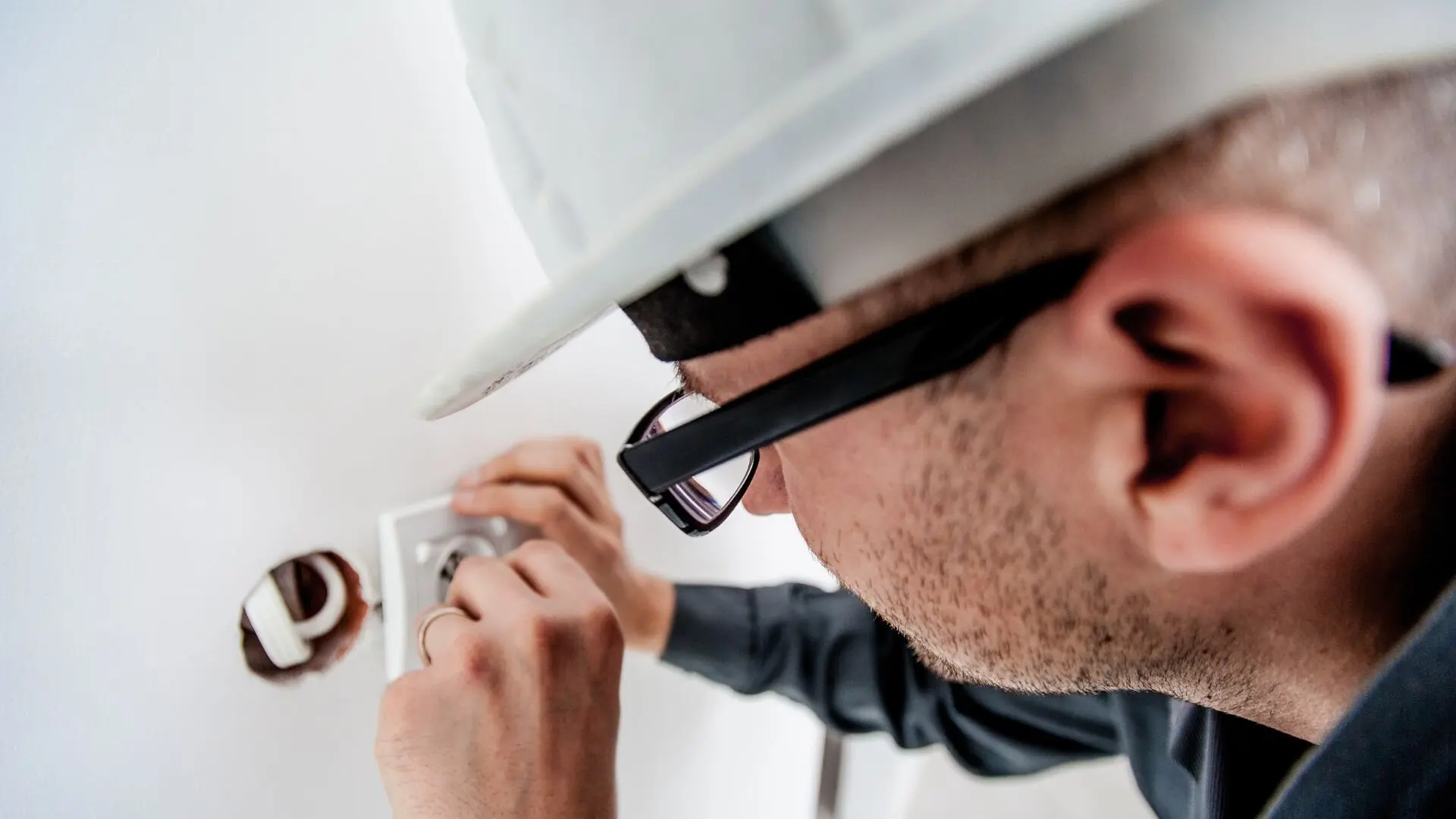
Get your free Melbourne Electrician quote today!
Our team of Melbourne Electricians is here to help you with any questions or concerns you may have. We’re committed to providing you with the best possible service and support.
Electrical emergencies can happen unexpectedly and pose serious risks to your home and safety. This guide walks you through the crucial steps to handle common electrical emergencies, from power outages to exposed wiring, ensuring you know how to respond safely and effectively.
What would you do if faced with an electrical emergency in your home? Electrical issues can arise unexpectedly, posing serious risks to both safety and property. Being unprepared or uninformed can lead to dangerous situations, including fires, electric shocks, or even fatalities.
When it comes to electrical emergencies, every homeowner needs to be prepared. By knowing what to do, you can protect your family and reduce the damage to your home. It’s about spotting warning signs early, knowing how to switch off the power safely, and having a basic grasp of troubleshooting. This knowledge can really change how an emergency unfolds.
This guide is here to help you navigate electrical emergencies with confidence. We’ll dive into useful tips and practices to keep you and your home safe, ensuring you know exactly what to do when a crisis hits. By the end of our journey together, you’ll feel more prepared to shield your loved ones and your property from electrical threats.
Types of Electrical Emergencies
Electrical emergencies can pose a serious threat to safety and property. Understanding the common types and their inherent dangers is crucial for effective response.
Power Outages and Power Failures
Power outages and power failures are common electrical emergencies. They often occur due to fallen power lines, circuit overloads, or faulty wiring.
A power outage can cut off electricity, disrupting appliances and possibly leading to more problems down the track. Avoiding these emergencies often comes down to regular maintenance and knowing the ins and outs of your home’s electrical setup.

Complex Electrical Issues
If you encounter complex issues like frequent circuit breaker trips, persistent power outages, or faulty wiring, it’s crucial to seek professional help. Attempting these repairs without the right expertise can lead to further damage or serious injury.
Electrical Fires and Major Damage
After an electrical fire, an electrician should assess and repair any damage to ensure the system is safe to use. They can also identify potential hazards that may have caused the fire.
Exposed or Damaged Wires
Exposed wires or damaged electrical systems pose significant risks. A professional can safely handle these issues, preventing electric shock or further electrical hazards.
Choosing a Qualified Electrician
- Check Credentials: Ensure the electrician is licensed and certified in your area. This guarantees they meet professional standards and regulations.
- Experience: Look for electricians with experience in handling the specific issues you’re facing. Experienced professionals are more likely to provide effective solutions.
- References and Reviews: Ask for references or check online reviews to gauge the reliability and quality of their work.
- Insurance: Verify that the electrician has insurance to protect against any accidents or damages during the repair process.
Educating Children and Family Members
Teaching your family about electrical safety is crucial for preventing accidents. Here’s how to ensure they are well-informed:
Teach Basic Safety Principles
Start by explaining the dangers of electricity in simple terms. Emphasise never touching electrical appliances or outlets with wet hands and the importance of keeping away from fallen power lines.
Conduct Safety Drills
Organise regular safety drills to practice what to do in an electrical emergency, such as a power outage or electrical fire. Ensure everyone knows how to turn off the main circuit breaker and locate fire extinguishers and emergency exits.
Establish Emergency Protocols
Create clear emergency protocols. Teach family members how to call emergency services and the fire brigade. Make sure they know important phone numbers and addresses.
Use Educational Tools
Utilise age-appropriate books, videos, and games to make learning about electrical safety engaging for children. Visual aids can help reinforce important concepts.
Encourage Questions
Foster an environment where children feel comfortable asking questions about electrical safety. Address their queries to build understanding and confidence.
Stay Safe and Informed
Being proactive about electrical safety is essential for protecting your home and loved ones. Stay vigilant by regularly reviewing safety practices and educating yourself on potential hazards.
Consider subscribing to safety newsletters that provide valuable tips and updates on electrical safety. These resources can keep you informed about the latest guidelines and technologies.
Follow reputable organisations and experts on social media or their websites. They often share insights, advice, and alerts about electrical safety that can help you stay prepared.
Encourage your family to engage in ongoing learning about safety measures. Regularly discuss any new information you come across and incorporate it into your household routines.
For peace of mind and expert help, get in touch with WP Electrical for our comprehensive electrical services. Staying informed and alert keeps your home safer and lessens the chances of electrical mishaps.
Published by: Pascal Harb17 October 2025